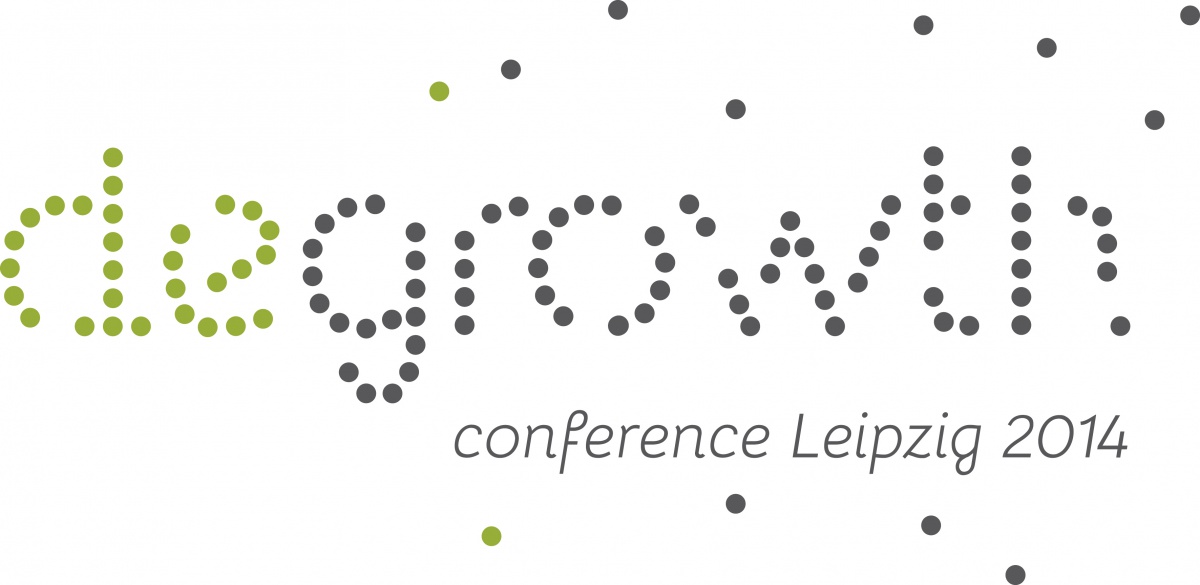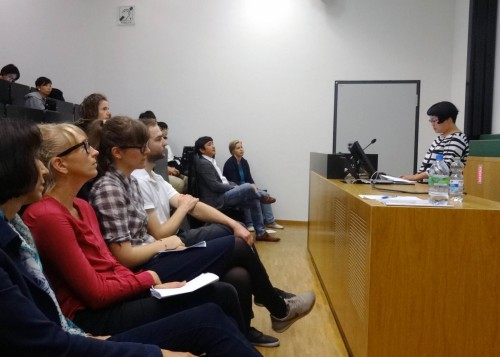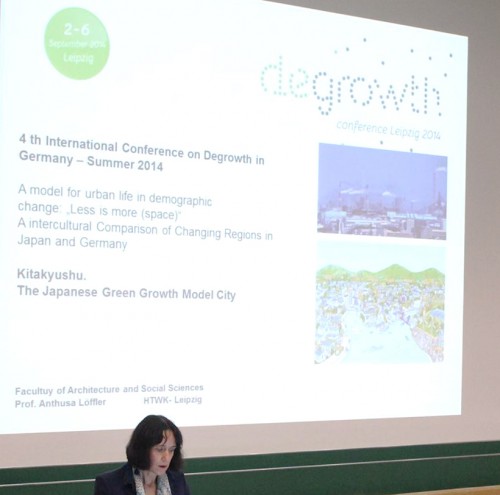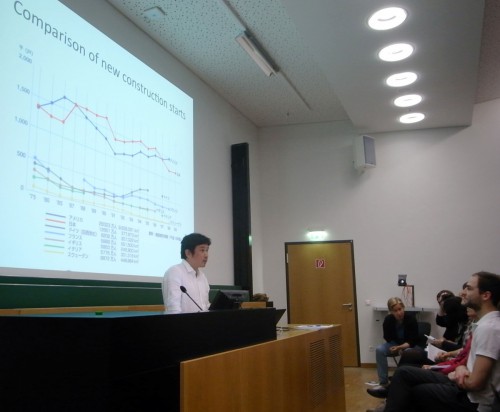Less is more (space) – changing regions in Japan and Germany
4.September 2014
This session takes into account the circumstances and conditions of different cities in Japan and Germany (e.g. Kitakyushu, Tokyo Region, Leipzig, Berlin) which have experienced a rapid urbanization in the 20th Century and face since the turn of the millennium new and complex challenges. The central question is how they deal with changing areas in the social sense as well as temporary growth or de-growth, or in other words asking ‚is less more(space)?‘.
This session aims to document urban spaces in these cities, with the aim to show various categories of their creation, temporary use and possible forms of conversion/ repatriation in actively -used urban spaces of different scales. The presentations of this special session (written and graphical elaboration) will analyse and highlight the correlations between political, economic, structural and social microstructures, to show their diversity and provide new insights into the complexity of changing urban landscapes and the future of urban living.
– – – – – – – – – – – – – – – – – – – – – – – – – – –
SPEAKERS:
Prof. Anthusa Löffler (HTWK, Leipzig): Analysis of Change- Intercultural Design Exchange Germany and Japan – Approaching the Question of Future Living
Dr. Heide Imai (Hosei University, Tokyo): A spatial Anthropology of the Changing Use of Urban Spaces in Tokyo, Japan
Ms.-Eng. Noriko Minkus (Das Japanische Haus e.V.): Grassroots movements and urban development – The cases of Kitakyushu, Japan and Leipzig
Assosiate Prof. Mitsuhiro Tokuda (Kyushu Institute of Technology, Japan): Urban regeneration through Renovation School in Kitakyushu



